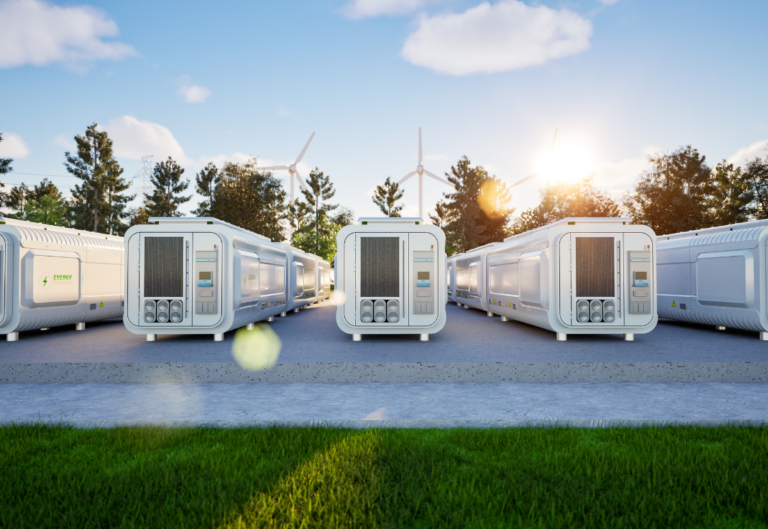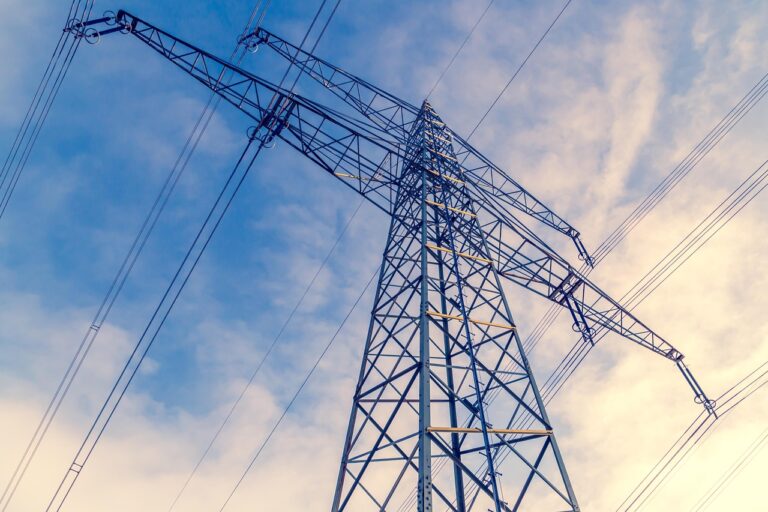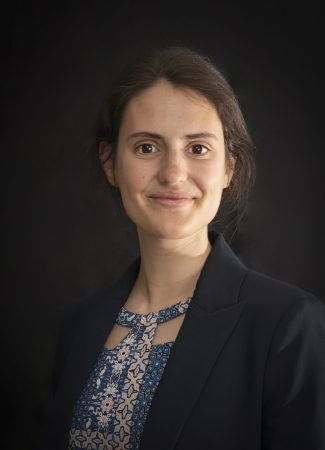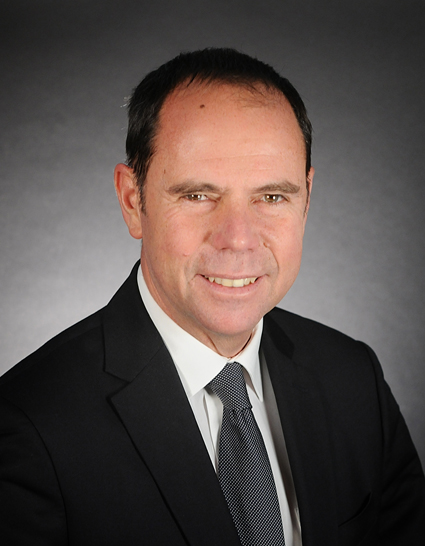[This article was based on information available as of January 18, 2019 and the EPP has since been published. And its content is consistent with what we anticipated …]
After some delays and hesitations, on 27 November 2018, the French government presented the path for the multi-year energy programme (programmation pluriannuel de l’énergie, PPE). However, this isn´t yet the draft Decree on the PPE, a file of over 400 pages that will be published in the upcoming days, but rather an announcement to end the discussions in progress.
In its ‘PPE path’, with the President making an announcement in person, the government finally clarified the future of EDF’s nuclear sector. Not surprisingly, the goal of reducing nuclear production to 50% (compared to the current 72%) has been postponed to 2035. For those who are not familiar with this topic, in the French Energy Transition towards Green Growth Act (LTECV), this threshold was set for 2025. The sector is granting itself a respite, even though the government’s announcement specifies that: i) the decommissioning of Fessenheim power station is scheduled for the first half of 2020; ii) between 4 and 6 reactors will have been decommissioned before 2030 and, iii) the remainder nuclear power installed capacity – up to 14 units – will be decommissioned between 2029 and 2035. However, in summary, only Fessenheim will be on the chopping block during this presidential term.
In the end, French nuclear power and EDF are still alive after this round. This is a Pyrrhic victory for EDF, who has sacrificed 2 production units, explicitly acknowledged the need to reinvent itself (‘to face the challenges which confront the company…’) and undergone the EPR technology freeze (until it’s proven to be a solution in the future). An outcome that has been very costly to the government, which, on the way, lost its star minister along with its ‘green’ credibility. Moreover, the ‘PPE path’ confirming the principles of green taxation and its carbon tax derivative triggered the outrage of the ‘yellow vests’ which, as of today, has yet to be eased.
The multi-year energy programme, or PPE, is a Decree drafted by the Ministry for the Ecological and Solidarity Transition, serving as a guidance tool for French energy policy over the course of ten years. The PPE draft was proposed in 2014 under the initiative of Ségolène Royal, the minister responsible for the Environment at the time, and the first version was approved on 1st July 2016. This first version was meant to be turned down in 2018 for the periods running from 2018 to 2023 and 2024 to 2028. In March 2018, the new Ministry for the Ecology launched a public debate about the PPE, partially delaying this PPE’s work. The final result of this work should be published in the coming days.
Pending the publication of the PPE Decree, in November, the government wanted to present, in the form of an appetiser, a press kit entitled ‘the PPE path’. Among the items set out within this path were the main axes of the multi-year programme, the objectives, the means and the fiscal support for the new policy:
- Confirmation on the reduced use of fossil fuels: -40% of consumption between now and 2030 (compared to 2012) in order to move towards carbon neutrality by 2050. This would essentially be achieved through policies on building, mobility and everyday use of energy:
- Investment for the energy renovation of buildings. The Energy Transition Tax Credit (CITE) will be extended to landlords, beginning in 2020.
- The development of new forms of mobility (car-sharing, soft mobility, electric mobility, autonomous cars); the automobile conversion premium is revised with a target objective of one million beneficiaries over the five-year period.
- Investment in replacing all of the objects in our daily life that consume too much fossil fuel. The conversion premium for boilers is maintained.
- In the electricity field:
- Confirmation of the commitment to develop renewable energies at a lower cost: development of a new off-shore wind power sector; tripling on-shore wind power; five-folding photovoltaics by 2030.
- Delay in the closure of nuclear reactors, with the goal of reducing nuclear power to 50% between now and 2035 by decommissioning 14 reactors. The final document of the multi-year energy programme will identify those sites with reactors to be closed down. The decommissioning of Fessenheim power plant is scheduled for the first half of 2020, regardless of the commissioning schedule for Flamanville’s EPR. Other than Fessenheim, 4 to 6 reactors will need to be decommissioned before 2030, depending on how the markets progress. No decision has been made regarding the construction of new reactors, as we await feedback on the first EPRs performance.
- The decommissioning of coal-fired power plants between now and 2022 is confirmed.
- The government is asking EDF’s Executive Committee to propose internal group changes that will address the challenges confronting the company in terms of nuclear power, renewable energies, energy services and networks.
- Taxes on fuel: confirmation of the path for the ‘carbon component’, with one tonne of CO2 in 2022 valued at 86 euros; and confirmation of the progressive, controlled convergence of taxes on gas oil and petrol, keeping the fluctuations of oil prices in mind.
Matters are beginning to clear up with regards to nuclear power, at least where this five-year period is concerned. Only Fessenheim will close. As for the rest, we shall see…
In the field of taxes, the November statement on the PPE path was swept up in the atmosphere of the yellow vests. The principles expressed in the PPE path are already obsolete, just one month later. The emergency measures taken by the government to address the yellow vest crisis have called into question the economic viability of the PPE, which had been self-financing itself with the taxes on the consumption of fossil fuels now in question.
The launch of the great national debate on 15 January reopens the door to a world of uncertainty surrounding the PPE. In Emmanuel Macron’s letter addressed to the French people, opening the debate, the President establishes these topics as ‘the heart of our concerns’. Even if ‘no question is off-limits’, we believe that the issues for debate will basically be those listed by the President in his letter. On the subject of ecological and energy-related transition, one of the four themes of the great debate, the President asks the French people more about the means than the ends:
‘(…) How do we finance the ecological transition? Through taxes? And who must be involved in this as a priority?
How do we make specific solutions accessible to all? For example, replacing someone’s old boiler or someone’s old car? Which solutions are the simplest and the most financially sustainable?
What solutions are there for travel, housing, heating and food that must be designed at a local level as opposed to national level? What specific proposals would you make in order to speed up our environmental transition? (…)’
We believe that the PPE has already been practically closed. The outcome of this great national debate could change the method of financing and some accessory topics, but the objectives already conveyed within the PPE path will emerge unscathed from this political exercise. I’ll be taking bets…
Antonio Haya







